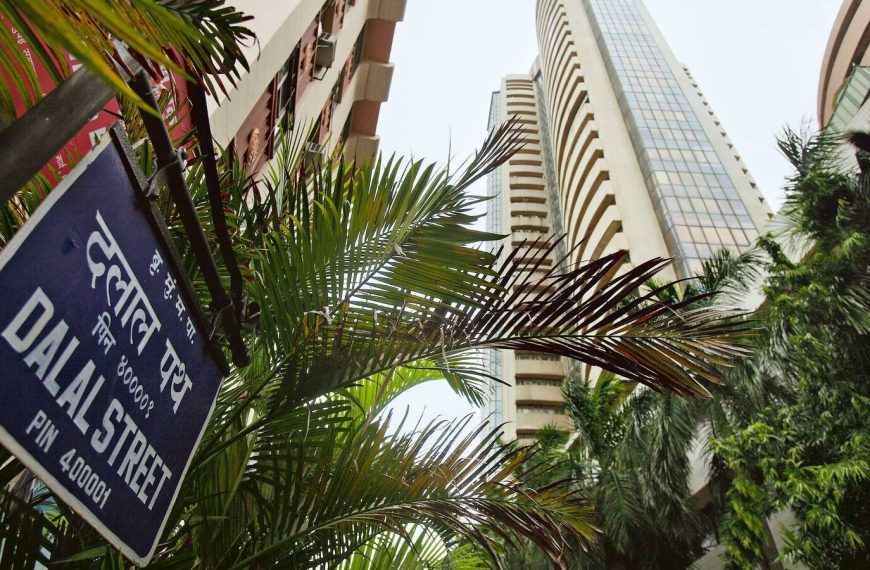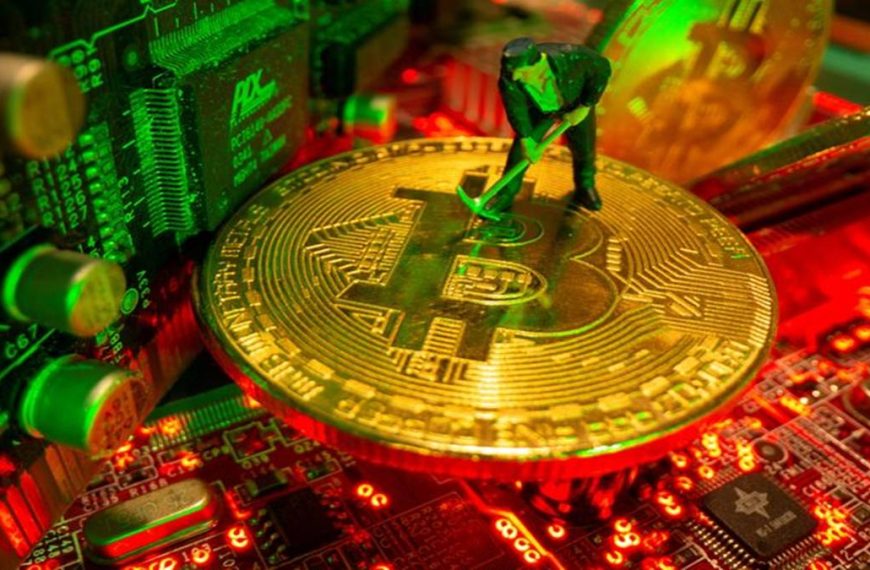The Indian stock market experienced a rocky start on March 7, 2023, as tensions escalated following Operation Sindoor, where Indian forces targeted multiple sites in Pakistan. Initially facing slight losses, the market quickly rebounded due to positive movements in banking stocks and Tata Motors. While the Nifty Media sector struggled, the Nifty PSU Bank index emerged as a standout performer, recovering from previous losses.
Impact of Operation Sindoor on Defence Stocks
With the focus shifting to defence companies, investors are keenly observing how Operation Sindoor will influence revenue forecasts. Defence firms possess substantial order books, which are expected to grow as the government sets ambitious execution targets. This could lead to enhanced profits and revenue visibility over the coming quarters.
- Key sectors to watch:
- Cybersecurity
- Strategic minerals
- Oil and gas
- Military logistics
- Hydro-projects
Dr. Vikas Gupta, CEO and Chief Investment Strategist at OmniScience Capital, advises investors to approach defence stocks with caution, ensuring that they are acquiring shares at appealing valuations and meeting rigorous investment criteria.
Market Response to Geopolitical Tensions
As of 11:15 AM, both Sensex and Nifty were trading with minor declines, impacted by major players like ICICI Bank, Reliance Industries, and Sun Pharma. Nevertheless, automotive giants such as Tata Motors and M&M helped to mitigate losses. Market analyst Ankur Sharma from VT Markets noted that the military operations would likely stimulate growth for Indian defence firms like Hindustan Aeronautics (HAL) and Bharat Electronics (BEL), as increased government defence spending often reflects positively on the economy.
Historical Context of Market Volatility
Gurmeet Chadha from Complete Circle emphasizes that the current geopolitical tensions surrounding the India-Pakistan conflict may initially induce volatility. Historical data shows that similar events have led to temporary market dips, including a 4% drop during the Kargil War. However, markets have shown remarkable resilience post-crisis. For instance:
- Following the Kargil War, Sensex surged 63% within a year.
- After the Parliament Attack, it saw a rise of over 20% in the following year.
- A 60% gain was recorded post-Mumbai Attacks.
Chadha highlights that while caution is warranted, the Indian market has a track record of bouncing back effectively from such disturbances.
Foreign Investment Trends Amidst Conflict
Despite rising tensions, foreign portfolio investors (FPIs) have continued to show interest in the Indian market. The Pakistan Stock Exchange faced a significant downturn, dropping 2.82% in response to India’s military strikes targeting terror sites. Notably, Vijay Kedia, a prominent investor, expressed his sentiments through a poignant poem reflecting on the situation.
Technical Market Insights
According to Anand James, Chief Market Strategist at Geojit Investments, current trends suggest potential consolidation for the Nifty, with downside markers indicating a range of 23,670-23,460. A sharp decline could present a buying opportunity around 24,050-23,930, while a recovery could occur if dips do not extend beyond 24,280.
Overall Market Performance
Despite the geopolitical tensions from Operation Sindoor, the stock market maintained a relatively stable outlook. The BSE Sensex registered a modest increase of 70 points, reaching 80,710, while the Nifty 50 climbed to 24,403. Contributions from major banks, including HDFC Bank and ICICI Bank, bolstered the indices, reflecting resilience in the face of rising conflict.
Currency Fluctuations and Market Sentiment
The Indian rupee saw a decline of 31 paise, trading at 84.66 against the US dollar, amidst the heightened tensions. Dr. VK Vijayakumar, Chief Investment Strategist at Geojit Investments, stated that the focused nature of Operation Sindoor is less likely to disrupt market stability significantly, especially given the sustained FII buying that has accumulated to ₹43,940 crores over the last 14 trading days.
In conclusion, while the immediate effects of Operation Sindoor create a backdrop of uncertainty, historical patterns suggest that resilience remains a strong characteristic of the Indian stock market. Investors are advised to remain vigilant, focusing on fundamentals rather than succumbing to short-term fears.











